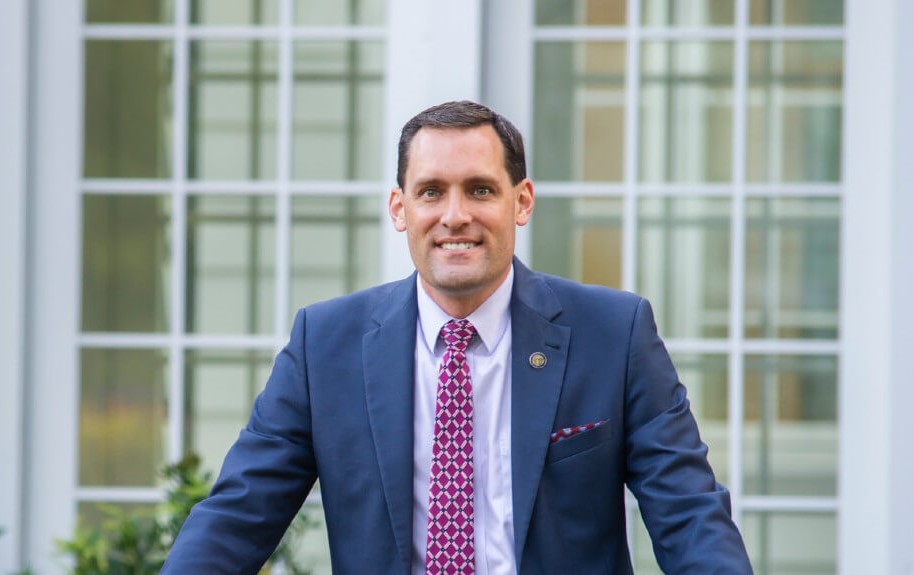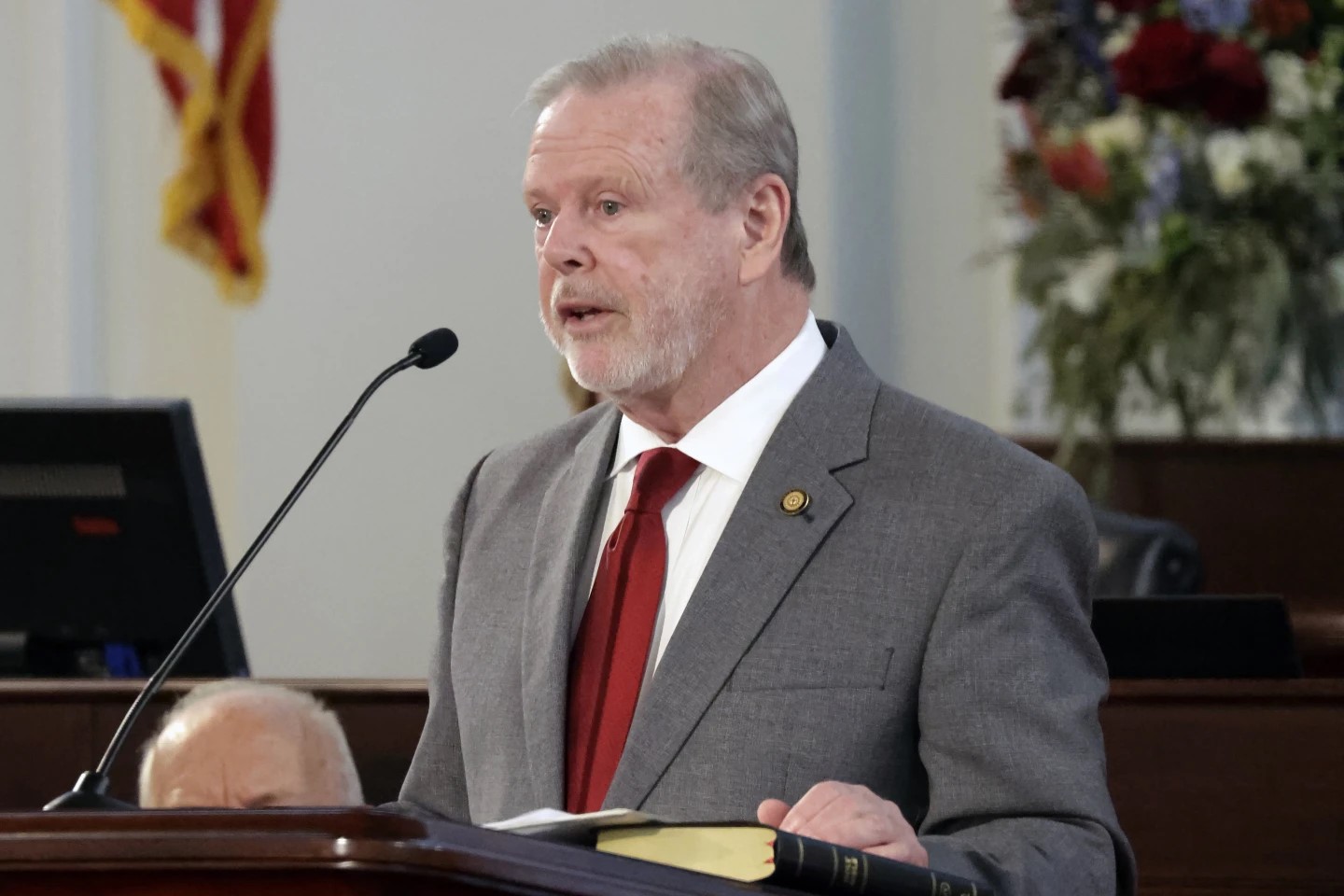CHAPEL HILL- Chapel Hill and Carrboro’s mayoral candidates are running unopposed this year, but they say the real challenges will come from state leaders in Raleigh.
Lydia Lavelle hopes to make the jump from the Carrboro Board of Aldermen to the mayor’s seat, and given that she’s the only candidate, it seems like an easy win. But Lavelle says the actions of the General Assembly are likely to make her job, and that of other local elected officials, much harder in the coming months and years.
“It is going to be a tremendous challenge,” says Lavelle. “Not only the policy and laws that are coming from the General Assembly, but also in terms of financial cutbacks we might get. We have got to be on our guard and be communicating with other towns and counties about this.”
Chapel Hill Mayor Mark Kleinschmidt agrees. As he anticipates his third term, he says reductions in funding from the state could be a major issue.
“It’s going to be a community-wide challenge and it is one that I don’t think is on everybody’s radar at this moment,” says Kleinschmidt. “I hope during this campaign folks will become more aware of these challenges and we can work to address them in this next term.”
Chapel Hill Transit and the Chapel Hill-Carrboro school system have already begun to wrestle with cuts to transportation and school budgets during this past budget season.
Lavelle worries the hands of local governments are being tied by lawmakers in the General Assembly in other ways as well.
“Not only the North Carolina General Assembly, but our Supreme Court seems to be seeking to curtail our authority to really do anything at the local level,” says Lavelle. “I think it is really important that we try to keep a gauge on the different laws that they are trying to pass, to try to speak up when some of the bills they’re debating can affect local government in a way that a lot of the General Assembly doesn’t understand, and that they really wouldn’t want their town and their constituents to be faced with.”
The legislative session just ended, and though the full impact of the new laws remains to be seen, there are at least two bright spots for the towns.
Kleinschmidt says Chapel Hill was recently granted the authority to pursue new public/private partnerships outside of the downtown area.
“Famously you know we engaged in a public/private partnership to create 140 West, but our downtown was the only area that we were authorized to do such agreements,” says Kleinschmidt. “Now we have the authority from the General Assembly to do these kinds of projects outside our downtown core.”
And thanks to a bill sponsored by Senator Ellie Kinnaird, the Carrboro Board of Aldermen now has the option of appointing a new member to fill a vacancy, instead of holding a special election.
Passage of Senate Bill 128 is especially relevant now, as Lavelle has two years left in her term on the board. When she’s sworn in as Carrboro’s new mayor in December, aldermen will likely begin the process of filling her seat by appointment.
Related Stories
‹

Sen. Graig Meyer Shares Updates on State Budget Impasse, Medicaid, Disaster Relief and MoreAhead of the North Carolina General Assembly reconvening, state Sen. Graig Meyer joined 97.9 The Hill to discuss several topics on his mind.
![]()
Robert's Rules: NC House Minority Leader Robert Reives on House Budget, Gov. Stein, MarijuanaNorth Carolina House Minority Leader and District 54 Representative Robert Reives spoke with 97.9 The Hill's Andrew Stuckey on Friday, June 6. He discussed the latest on the House Budget, including some unprecedented moves on the Senate side of the legislature, why he was comfortable with the budget, and more. He also talked about how he feels Gov. Stein is doing so far, what the future of marijuana in North Carolina may be, and more.

North Carolina Revenue Predictions Fall with Recession RiskState officials have lowered anticipated revenue collection, largely over rising economic uncertainty and the risks of a U.S. recession.

North Carolina Lawmakers Focus On Guns, Immigration and Parental Rights Ahead of a Key DeadlineThe crossover deadline has passed for bills in the North Carolina General Assembly. What are some of the themes seen in this session?
![]()
Robert's Rules: NC House Minority Leader Robert Reives on State Budget and MoreNorth Carolina House Minority Leader and District 54 Representative from Chatham County, Robert Reives spoke with 97.9 The Hill's Andrew Stuckey on Friday, April 18. He discussed the latest on the state budget conversations. He also weighs in on the continued litigation surrounding the State Supreme Court seat that Republican Jefferson Griffin continues to contest in spite of losing the election by over 700 votes. He also talks about some of the coming federal cuts, including slashing PBS's budget, and more.
![]()
Robert's Rules: District 54 Representative and NC House Minority Leader Robert Reives on State of the State and MoreNorth Carolina House Minority Leader and District 54 Representative Robert Reives spoke with 97.9 The Hill and Chapelboro.com News Director Brighton McConnell on Wednesday, March 19. He discussed the recent State of the State address from Governor Josh Stein. He also talked about the business of the General Assembly, which includes a Hurricane Helene aid package for the western part of the state. He talked about some of the divisive legislation passing through the assembly, what individuals can do to help the causes they believe in, and more.

Economists Predict Modest North Carolina Surplus, But Warn More Tax Cuts Will Curb RevenuesNorth Carolina officials project a modest revenue surplus this fiscal year, but warned expected tax cuts mean lower collections are ahead.
![]()
Robert's Rules: NC House Minority Leader and District 54 Representative Robert Reives Talks General Assembly and MoreNC House Minority Leader and District 54 Representative Robert Reives spoke with 97.9 The Hill's Andrew Stuckey on Thursday, February 6. He discussed the business of the General Assembly, particularly as it relates to state budget questions, including the discrepancy between Governor Stein's proposal for Western North Carolina aid compared to the Republican-led General Assembly's. He also talked about the impact of some of the recent federal actions from the white house, and more.
![]()
Robert's Rules: NC House Minority Leader Robert Reives Talks Leadership, Legislative SessionNorth Carolina House Minority Leader and District 54 Representative Robert Reives spoke with 97.9 The Hill's Andrew Stuckey on Thursday, January 9. He discussed the legislative session that got underway this week. He also talked about leadership changes in both parties at the state legislature for 2025. He discussed state and national politics, and more.
![]()
Robert's Rules: NC House Minority Leader Robert Reives Talks Aid Package, ElectionNorth Carolina House Minority Leader and District 54 Representative Robert Reives spoke with 97.9 The Hill's Andrew Stuckey on Wednesday, October 30. He discussed the recent aid package passed by the general assembly for hurricane recovery in western North Carolina. He talked about what's included in the package, and the likelihood of another package being passed in Novmeber. He also discussed next week's general election, touching on his race, national races, state races, and more.
›




